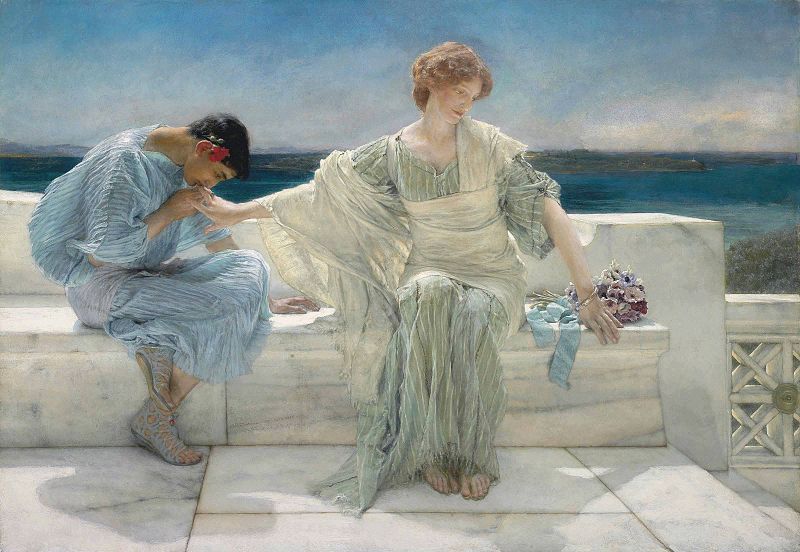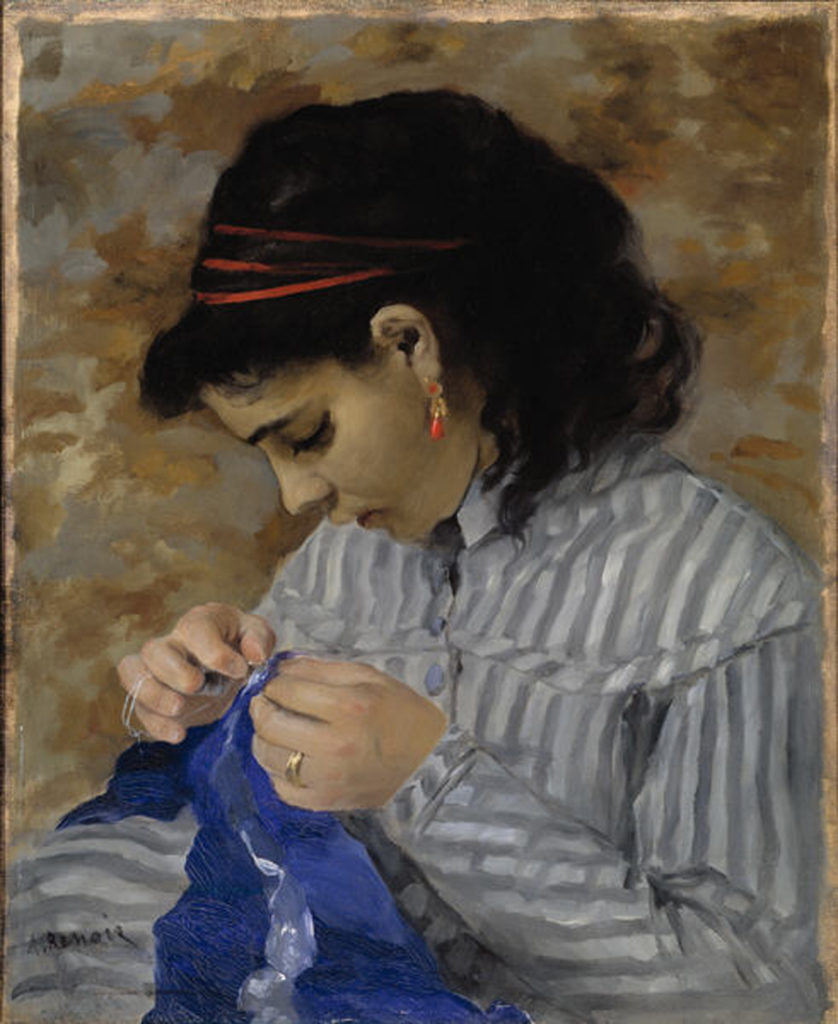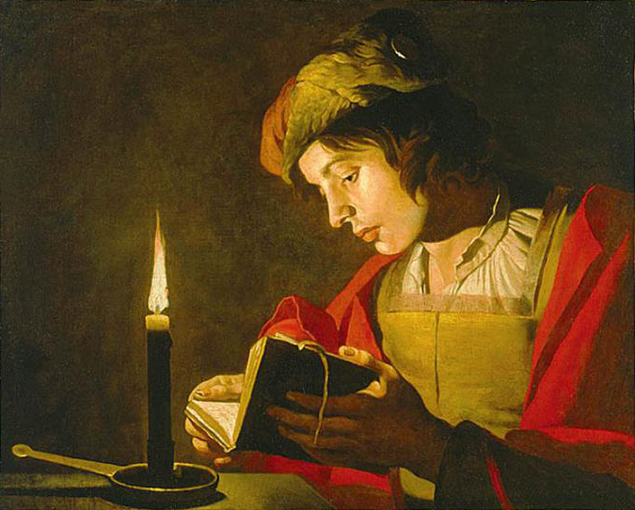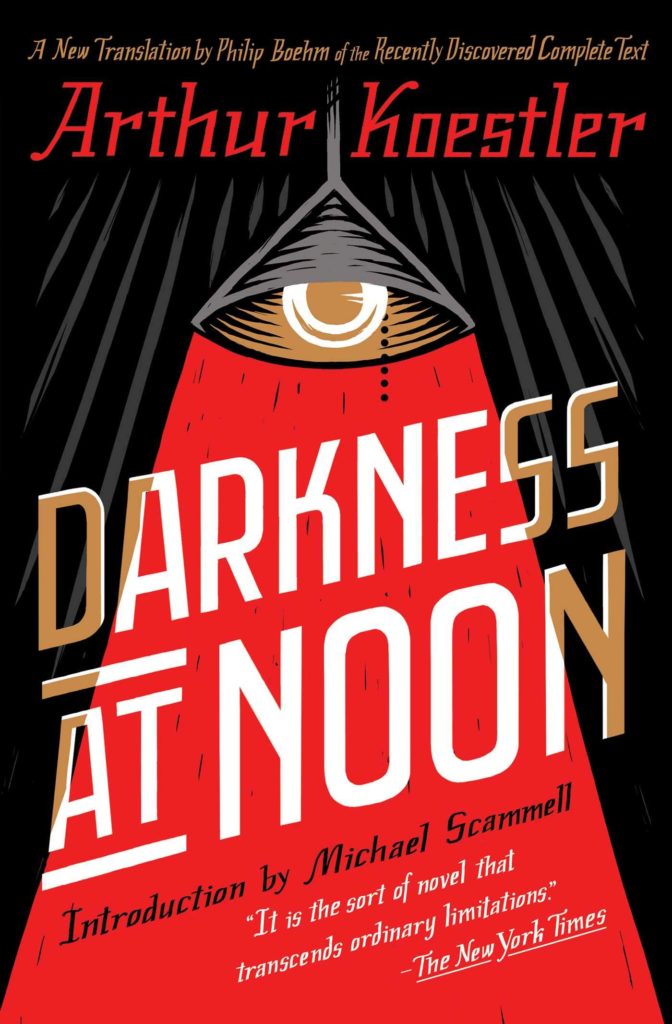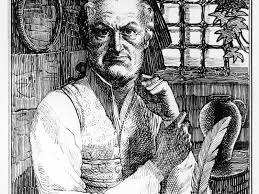
Thursday
I’ve been so taken up with the Trump impeachment hearings that I haven’t acknowledged the sad news coming out of Britain. With Boris Johnson’s mandate election dashing the Remainers’ dream of a second referendum, Brexit now appears a certainty. And a hard Brexit at that.
I fear that, by failing to heed John Donne’s warning that “no man is an island,” the U.K. will face a tough reckoning. In Donne’s famous meditation, the major image involves a plague victim assuming the death bells he’s hearing are ringing for someone else. Given the rate at which people are dying, however, there’s a chance he’s hearing bells tolling his own death. Thus the famous conclusion: “[N]ever send to know for whom the bell tolls; it tolls for thee.”
Donne’s point is that, whether it is we or someone else, we are all so interconnected that it doesn’t matter who is dying. “[E]very man is a piece of the continent, a part of the main,” Donne writes, and then adds, “if a clod be washed away by the sea, Europe is the less, as well as if a promontory were.” England is more than a clod but still considerably smaller than the entirety of the continent. Because we are all “involved in mankind,” we all share the same fate.
Brexiteers fantasize that they can once again, if not rule the waves, at least control their own imports and exports and who gets in. No more Brussels bureaucrats to worry about. The sad truth, however, is that we live in an interconnected world and England will not regain the power it imagines.
For one thing, it will no longer speak with the force of Europe. Currently it sings with the backing of a great organ and a full choir. After Brexit, despite its glorious history, it will discover its voice sounds reedy and thin.
In April I shared a poem appearing in the Irish Times lamenting Brexit. I republish a slightly adapted version of that post again today.
Reprinted from April 1, 2019
When The Irish Times interviewed several Irish authors about Brexit, one of them responded with a lyric. In dark and confusing times, poetry steps up.
It makes sense that Irish authors would weigh in since the Emerald Isle, especially Northern Ireland, has more at stake than almost anyone else. The border between the two Irelands was essentially erased when the UK (which includes Northern Ireland) became part of the European Union, which in turn helped bring an end to the Irish troubles.
If Britain pulls out, some are predicting renewed violence in the northern counties. Brexiteers offer no viable solutions.
Ian Duhig writes about a French street named after Helen Joanne Cox (a.k.a. Jo Cox), the Labor Member of Parliament who was assassinated by a Brexit supporter. Duhig plays with the French word for street (“rue”), concluding with an allusion to Irish author Jonathan Swift, famous for his savage indignation:
Rue
Rue Jo Cox, Députée Britannique,
the street sign in Burgundy reads:
Assassinée pour ses convictions.
No British road is named after her,
I found on returning home, for fear
it might have proved controversial.
I remembered in Shakespeare rue
even for ruth, called ‘herb of grace’
because it was used in exorcisms,
by the angel to clean Adam’s eyes
and Gulliver back home for his nose
against the smell of his countrymen.
To identify the literary allusions, in Richard II the royal gardener has the thankless task of telling the queen her husband has been overthrown. Duhig identifies with the gardener’s sadness and understands why he resolves to plant a bank of rue.
“Rue” reminds this gardener of “ruth,” defined by Webster’s as a feeling of pity, distress or grief. “Herb of grace” refers to the belief that rue could keep evil spirits at bay. Duhig wishes his poem would function as a bank of rue. Here’s Shakespeare:
Here did she fall a tear; here in this place
I’ll set a bank of rue, sour herb of grace:
Rue, even for ruth, here shortly shall be seen,
In the remembrance of a weeping queen.
In Paradise Lost, meanwhile, rue is one of the herbs that the Archangel Michael uses to clear Adam’s eyesight so that he will see the future. Adam has been blinded by the seductive promises of the forbidden fruit and requires rue as an antidote:
Michael from Adam’s eyes the film removed
Which that false fruit that promised clearer sight
Had bred; then purged with euphrasie and rue
The visual Nerve, for he had much to see…
Duhig here wishes that his poem would clear the eyesight of deluded Britons.
The allusion to Swift’s Gulliver sharpens his attack on those who engineered the Brexit vote. Having encountered the perfect Houyhnhnms, Gulliver stuffs his nose with rue because he can’t stand the contrasting smell of his fellow human beings:
I found my terror gradually lessened, but my hatred and contempt seemed to increase. I was at last bold enough to walk the street in his company, but kept my nose well stopped with rue, or sometimes with tobacco.
And later:
During the first year, I could not endure my wife or children in my presence; the very smell of them was intolerable; much less could I suffer them to eat in the same room.
Duhig uses the allusion to vent his own disgust.
In sum, Duhig uses Shakespeare to express his sadness that something precious has died, Swift to signal that the Brexiteers stink to high heaven, and Milton to predict a dark future. Regarding the allusion to Paradise Lost, the first future event Adam sees is Cain’s murder of Abel. The Brexiteers may dream of the power promised by the snake, but it doesn’t take an archangel to expose this as no more than a groundless fantasy.
In a further note, Duhig notes one other definition of rue:
Of course, rue has another common meaning, regret: whatever the risk to post-Brexit shortages in food and medicine, generations of regret are being stockpiled now.
One of the few silver linings is that the UK’s travails are causing other EU members to appreciate what they have. That will be of scant comfort to suffering Brits, however.
Previous posts on Brexit
Ishiguro Predicted Brexit, Trump
Brexit Caused by Stiff-Necked Pride
Kipling has the Brexiteers’ Number
With Brexit, UK Betrayed the Spirit of Chaucer https://betterlivingthroughbeowulf.com/with-brexit-uk-betrayed-spirit-of-chaucer/
Donne vs. Brexit: No Nation Is an Island https://betterlivingthroughbeowulf.com/donne-vs-brexit-no-nation-is-an-island/

